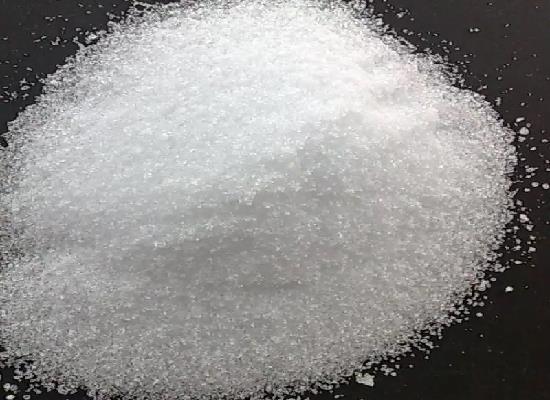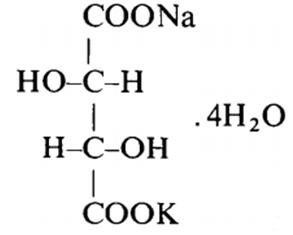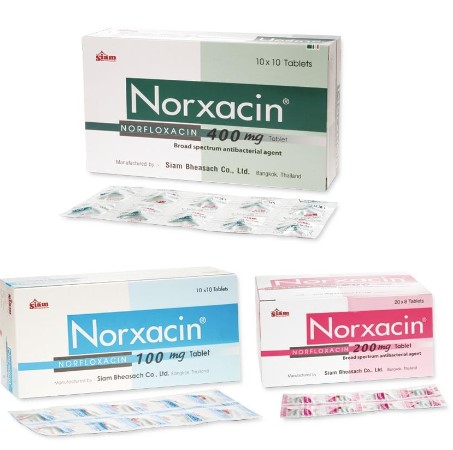Potassium sodium tartrate tetrahydrate: properties and applications in various industries
General Description
Potassium sodium tartrate tetrahydrate is a versatile compound with various properties and applications. It is highly soluble in water and exhibits piezoelectric properties, making it useful in the production of sensors and actuators. It can form complexes with metal ions and acts as a stabilizer in chemical reactions. In the food industry, it is used as a leavening agent, stabilizer, and emulsifier in baked goods, dairy products, sauces, and condiments. It also aids in protein crystallization, allowing for the study of protein structure and function. Overall, Potassium sodium tartrate tetrahydrate has extensive applications in chemistry, electronics, metallurgy, food science, pharmaceutical research, and drug development.
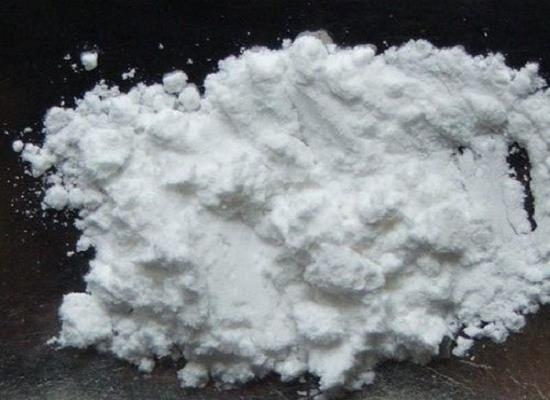
Figure 1. Potassium sodium tartrate tetrahydrate
Properties
Potassium sodium tartrate tetrahydrate, also known as Rochelle salt, is a crystalline compound with a wide range of properties and applications. This compound has a molecular formula of KNaC4H4O6·4H2O and is commonly found as colorless to white crystals. One of the key properties of Potassium sodium tartrate tetrahydrate is its high solubility in water. It readily dissolves in water, forming a clear solution. Another important feature of this compound is its ability to exhibit piezoelectric properties. When subjected to mechanical stress or pressure, it generates an electrical charge, making it valuable in the production of piezoelectric devices such as sensors and actuators. Potassium sodium tartrate tetrahydrate is also known for its complexing and chelating capabilities. It forms complexes with various metal ions, allowing it to be used as a stabilizer in certain chemical reactions. Additionally, it plays a crucial role in silver plating processes, acting as a reducing agent. In summary, Potassium sodium tartrate tetrahydrate possesses remarkable properties including solubility, piezoelectricity, complexing abilities, and food-related functionality. These characteristics contribute to its extensive use in fields such as chemistry, electronics, metallurgy, and food science. 1
Applications in various industries
Food industry
Potassium sodium tartrate tetrahydrate, also known as Rochelle salt or Seignette salt, is a versatile compound widely used in the food industry. This crystalline salt is derived from natural tartaric acid and has a variety of applications. One of the primary uses of Potassium sodium tartrate tetrahydrate in the food industry is as a leavening agent. It acts as a crucial component in baking powder, helping dough or batter rise by releasing carbon dioxide gas when exposed to heat. This contributes to the light and fluffy texture of baked goods such as cakes, cookies, and bread. Moreover, Potassium sodium tartrate tetrahydrate is utilized as a stabilizer and emulsifier in various food products. It helps prevent crystallization and the separation of ingredients, thereby ensuring the consistency and quality of processed foods like dairy products, sauces, and condiments. Additionally, this compound finds application in the production of gelatin desserts, as it aids in forming and stabilizing gels. It enables the creation of delightful and visually appealing desserts, including jelly and mousse. In summary, Potassium sodium tartrate tetrahydrate is an essential ingredient in the food industry, contributing to the leavening, stabilizing, and gel-forming properties of various food products. 2
Protein crystallization
Potassium sodium tartrate tetrahydrate has significant applications in protein crystallization for various purposes. Protein crystallization is a crucial step in understanding the structure and function of proteins, which plays a pivotal role in pharmaceutical research, drug development, and biotechnology. Potassium sodium tartrate tetrahydrate is often used as a precipitant or a component of the precipitant solution in protein crystallization experiments. It helps induce the formation of well-ordered protein crystals by providing the necessary ionic strength and pH conditions. The salt's ability to form complex structures and interact with protein molecules aids in the crystal lattice's stability and promotes crystal growth. The unique properties of Potassium sodium tartrate tetrahydrate make it an effective tool in protein crystallography, allowing researchers to obtain high-quality crystals suitable for X-ray crystallography and other structural analysis techniques. These crystals provide valuable insights into protein structure, function, and interactions, ultimately aiding in the development of new drugs and therapies. In conclusion, Potassium sodium tartrate tetrahydrate is widely utilized in protein crystallization experiments due to its ability to promote crystal formation and enhance crystal quality. 3
Reference
1. Potassium Sodium Tartrate Tetrahydrate. ACS Reagent Chemicals, 2017, part4.
2. Visvanathan R, Jayathilake C, Liyanage R. A simple microplate-based method for the determination of α-amylase activity using the glucose assay kit (GOD method). Food Chem. 2016 Nov 15;211:853-859.
3. Li R, Ma H, Jiang L, Qiao S, Zhi Y, Huang M, Deng R, Zhang G. The CD163 long-range scavenger receptor cysteine-rich repeat: expression, purification and X-ray crystallographic characterization. Acta Crystallogr F Struct Biol Commun. 2018 May 1;74(Pt 5):322-326.
Related articles And Qustion
Lastest Price from Potassium sodium tartrate tetrahydrate manufacturers
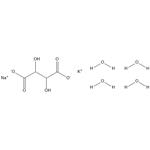
US $0.00/kg2025-10-09
- CAS:
- 6381-59-5
- Min. Order:
- 1kg
- Purity:
- 98%
- Supply Ability:
- Customise
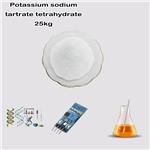
US $0.00-0.00/KG2025-07-08
- CAS:
- 6381-59-5
- Min. Order:
- 1KG
- Purity:
- 98.0%
- Supply Ability:
- 500kg/month

